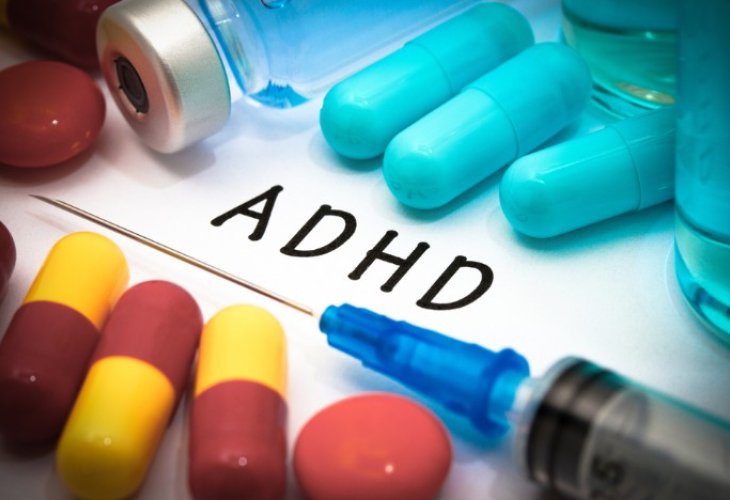New Study: ADHD Medications Reduce Teen Risks
An American study finds that teens who began ADHD medication in childhood faced reduced risks during adolescence.

A new study, a collaboration between researchers from Princeton University and Clemson University, found that teenagers who received medication for Attention Deficit Hyperactivity Disorder (ADHD) experienced less negative outcomes from risky behaviors like drug use.
"ADHD is a common issue, yet it seems that no one can provide a definitive answer regarding the long-term effects of the medications," says Dr. Anna Chornelli of Princeton University. "We examined reports on 150,000 children diagnosed with ADHD and were able to track their health over time and the long-term benefits or lack thereof from the medication."
Compared to children with ADHD who did not receive medication, researchers found that those who did were 7.3 percent less likely to develop drug addictions and 2.3 percent less likely to suffer from injuries. In absolute numbers, from a sample of 14,000 adolescents with ADHD, there would be 988 fewer instances of drug use assuming all received medication, and 6,122 fewer cases yearly of injuries in children and teenagers under the age of 19.
While previous research highlighted the effectiveness of medications in treating ADHD symptoms, little was known about the long-term impacts of pharmaceutical treatment. This current study aligns with another recent study showing that medication reduces the likelihood of those with ADHD having encounters with law enforcement or requiring hospitalization.
"Many professionals and parents still question the positive long-term effects of ADHD medications," says Professor Helena Keit Nielsen, an ADHD specialist. "Therefore, it is especially important to collect solid evidence regarding the impact of ADHD medications. This latest study serves as an excellent example of how the effects of medication can be examined without conducting trials, by using existing datasets."

